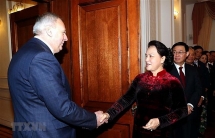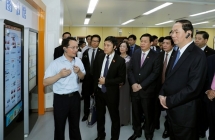Vietnam offers more incentives to attract FDI in high-tech industry
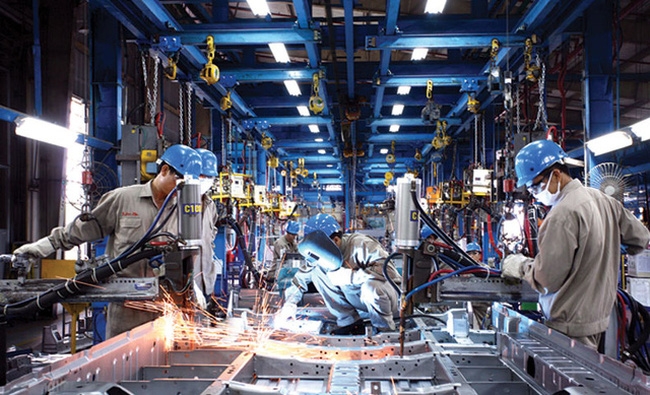 |
| Illustrative image |
Vietnam’s high-tech industry has seen a new investment wave. Last week, the northern coastal province of Quang Ninh held a ceremony to grant a licence for Jinko Solar Technology Ltd of Hong Kong to invest in a photovoltaic cell technology project worth 500 million USD, VNS reported.
Austrian printed circuit board manufacturer AT&S has been studying several locations in Vietnam to build two factories worth 1.5 billion euros (1.78 billion USD).
The company will make a decision on the location in mid-April and start construction at the end of this year. It expects to complete work within a year.
Do Nhat Hoang, Director of the Foreign Investment Agency under the Ministry of Planning and Investment, said the new investment wave in the high-tech sector was because tech giants like Samsung, Foxconn, Luxshare, and Intel had ramped up their investment and production capacity in Vietnam.
Hoang said most of the global tech giants already had invested or sought investment opportunities in Vietnam.
He said to welcome this new investment wave, the Vietnamese Government had worked out a series of important requirements. In the middle of last month, then Prime Minister Nguyen Xuan Phuc officially issued the new requirements for high-tech enterprises.
New Criteria for Hi-tech enterprises
The government issued Decision No. 10/2021/QD-TTg which details criteria for identifying hi-tech businesses. The Decision will be effective April 30.
The decision lists certain conditions that are applicable for businesses to be considered as hi-tech enterprises. While businesses need to satisfy conditions as stated in the Law on High Technology as well as the Law on Investment, in addition to this, Decision 10 lists specific conditions needed to qualify as a high-tech business.
Conditions to be qualified as hi-tech include:
- at least 70 percent of total annual net revenue derived from hi-tech products;
- at least 0.5 to 2 percent of total annual net revenue allocated to research and development (R&D) activities, or at least 0.5 percent for enterprises with total capital over VND 6 trillion (US$260.87 million) and more than 3000 employees;
- Businesses with total capital of VND 100 billion (US$4.35 million) and more than 200 employees must allocate at least 1 percent to R&D activities; and
- All other businesses should spend at least 2 percent.
High-tech businesses are also required to hire employees that are educated at college level or higher depending on the total number of employees. This ranges from 1 to 5 percent depending on the total investment and number of employees. However, employees with college-level degrees cannot exceed 30 percent of the total workforce for high-tech businesses.
Businesses that have currently applied for hi-tech certification are likely to be subject to the new rules.
Tax incentives for hi-tech businesses
In Vietnam, businesses carrying out activities defined as hi-tech are eligible for tax incentives. A corporate income tax (CIT) rate of 10 percent for 15 years, four years of CIT exemption and 50 percent tax reduction for the next nine years is applicable to hi-tech enterprises.
Income from the transfer of hi-technology in difficult socio-economic conditions is also tax-exempt. Preferential tax rates may be extended up to a further 15 years depending on the decision of the government. Land rental exemption is also possible for up to 15 years or even the whole project duration.
Import duty exemptions are applied to imported goods that are used to build fixed assets. Duty exemptions also apply to imported raw materials and supplies that have not been manufactured locally within a five-year period.
Hi-tech businesses are also eligible for state funding and loans depending on the industry. In addition, a 15 percent tax rate is applied to projects in agriculture and aquaculture products.
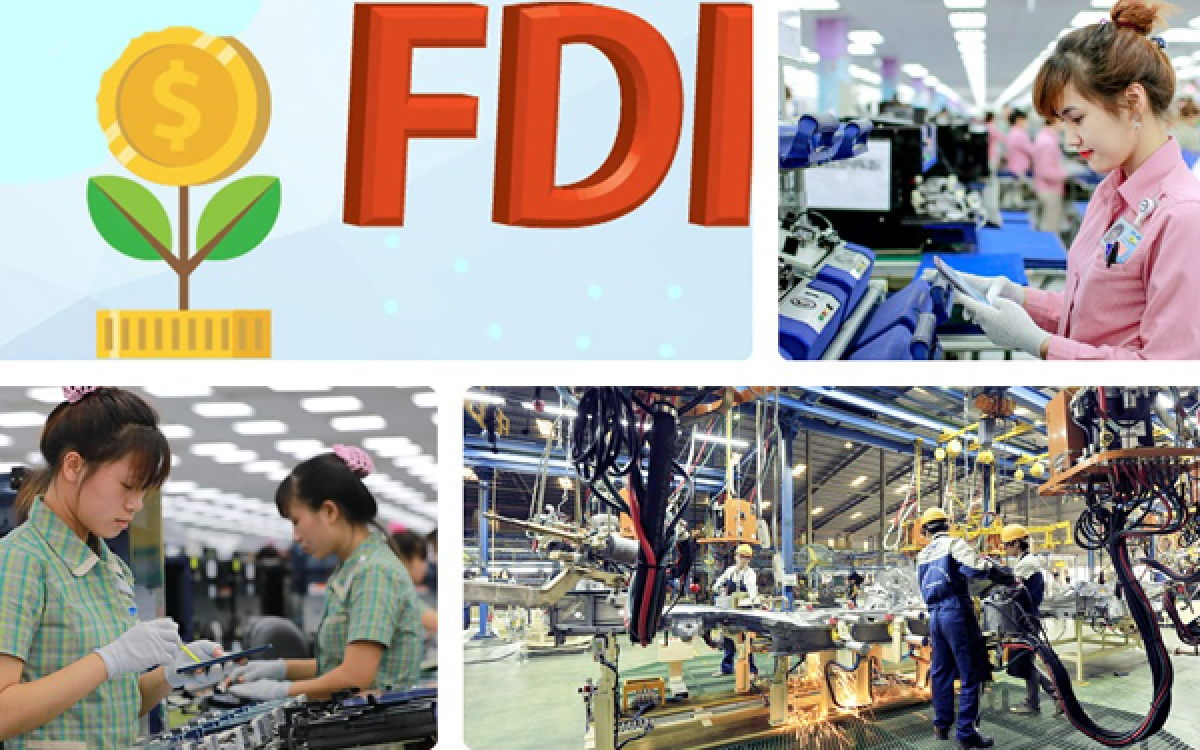 | Vietnam sees FDI rise to over US$10 billion in Q1 Foreign direct investment (FDI) inflows to Viet Nam expanded by 18.5 percent to US$10.13 billion in the first three months of this year. |
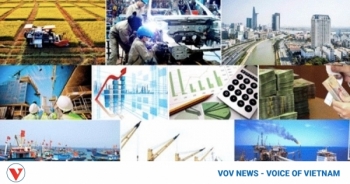 | UOB predicts 7.1% GDP growth for Vietnam in 2021 Vietnamese GDP growth is anticipated to expand 7.1% this year, to be driven by strong exports and foreign investment attraction, according to the Quarterly Global ... |
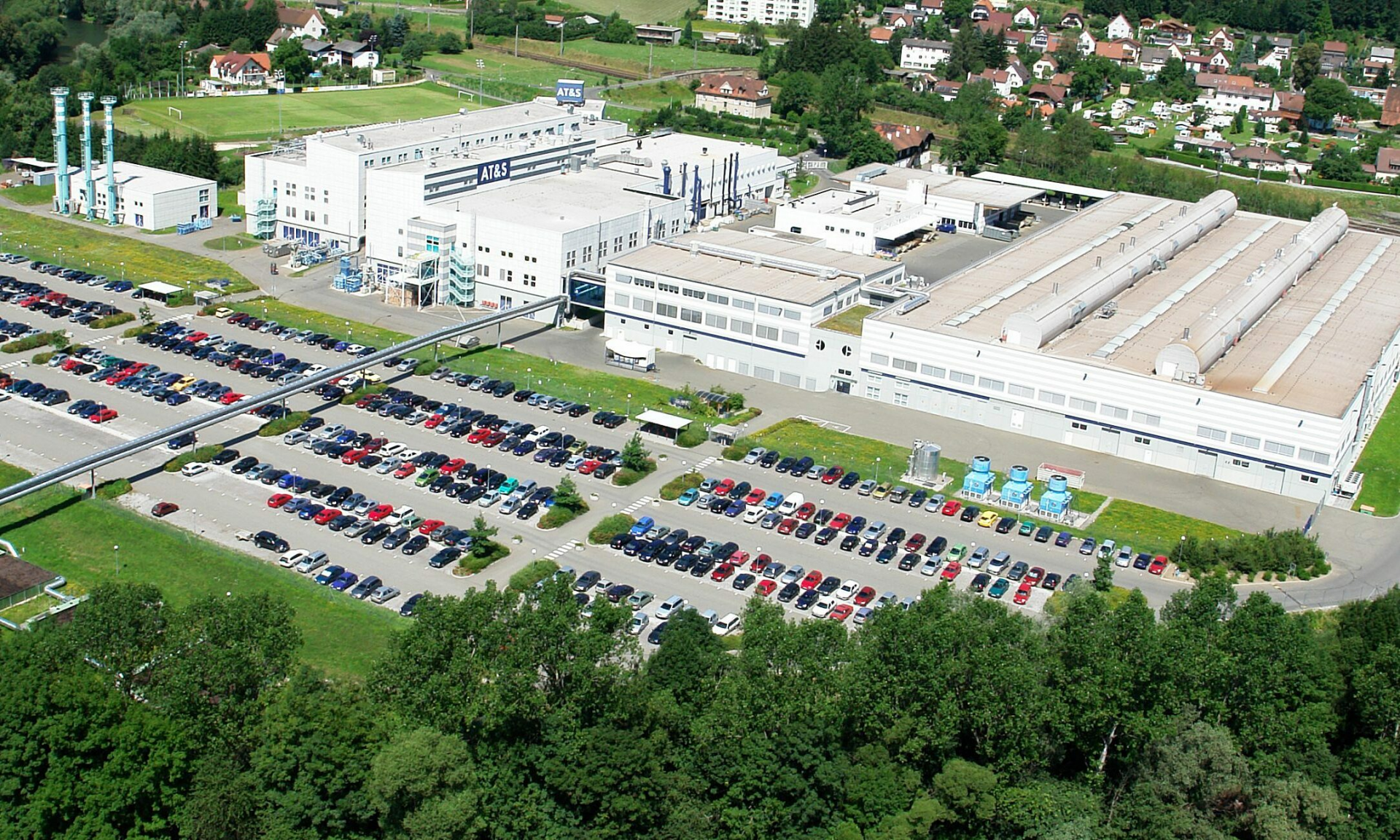 | Austria’s printed circuit board manufacturer seeks to build $1.8 bln plants in Vietnam Austria printed circuit board manufacturer AT&S has been studying several locations in Vietnam to build two factories worth €1.5 billion ($1.78 billion). |

